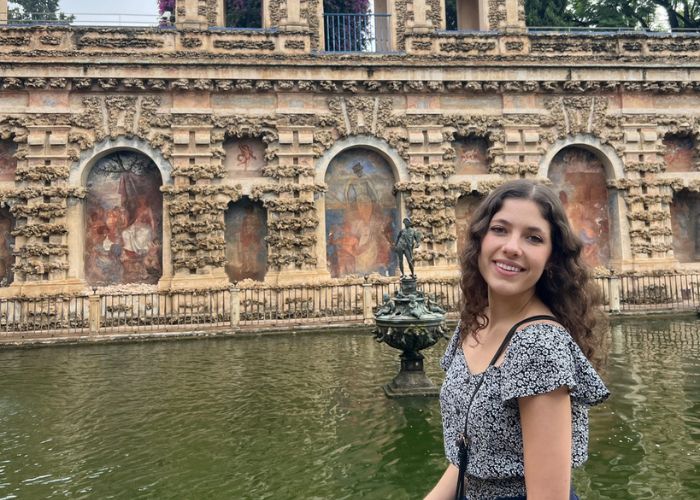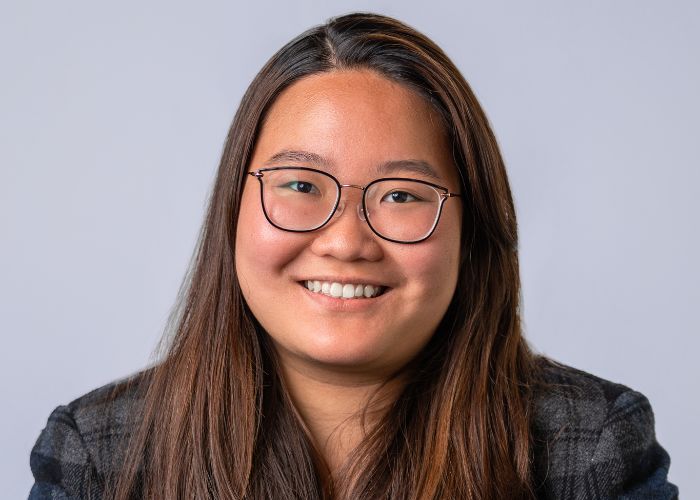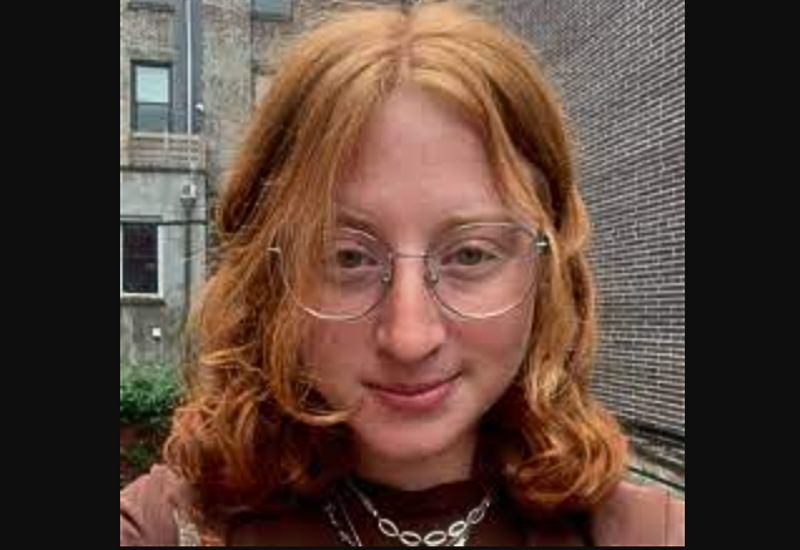Hi, lovely coexist blog readers! My name is Lia Franklin and I have been an intern for the Bailey COE for the past two years. I have been so lucky to work with the wonderful Laurie Kenney to write some great blog posts, create content, and help with events. I have been so grateful for the opportunity to get to know the Bailey COE community more; from students to professors to outside speakers. So, now it’s time for you all to get to know me a little better!
I was born and raised in Brooklyn, New York, but have always had a love for the outdoors. This dual love, which many think is somewhat contradictory, has driven my interest in climate change and environmental issues.
Here at Wesleyan, I am a second semester senior and a government and environmental studies major. I am currently writing a thesis about environmental constitutionalism using New York State as a case study. Through this project, I have been able to combine my two passions: political science and climate work. After graduation, I hope to continue pursuing this combination and am interested in one day working in environmental public policy. I’m specifically interested in urban policy and the intersection between environmental justice movements, public policy, and environmental law in urban areas.
Read more






